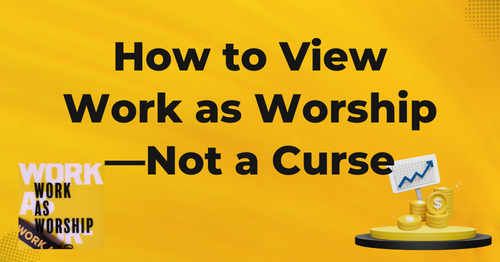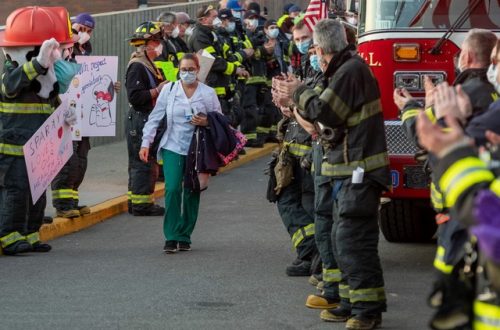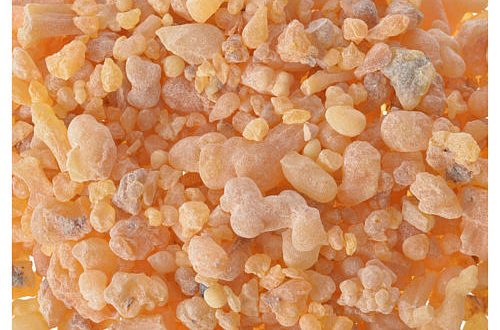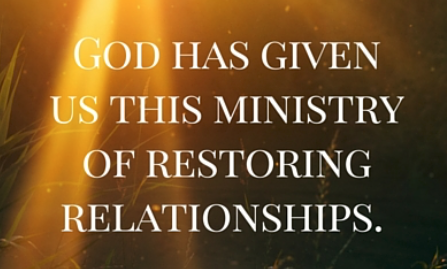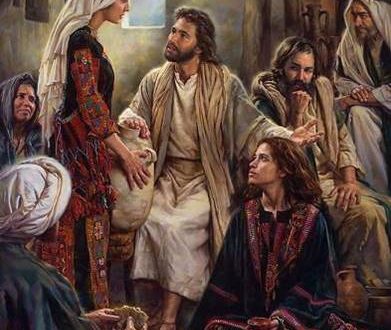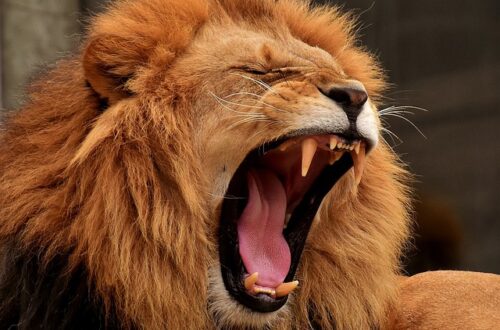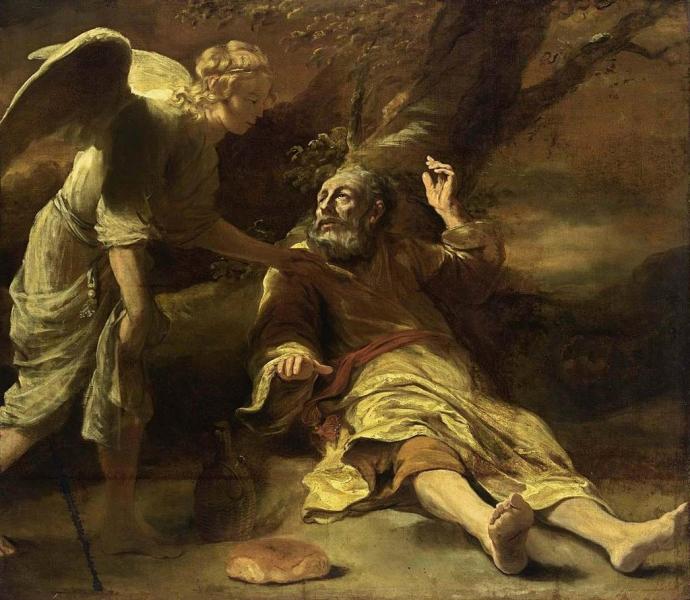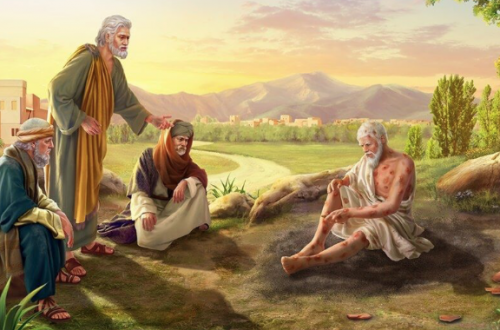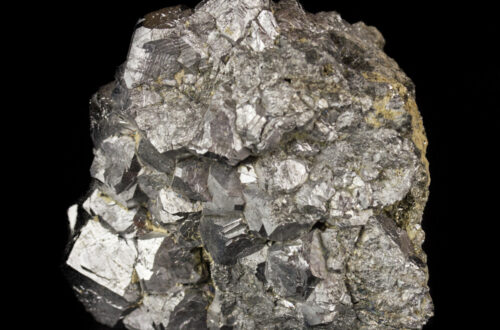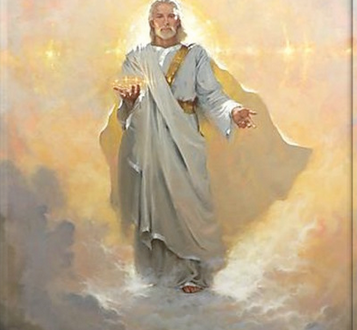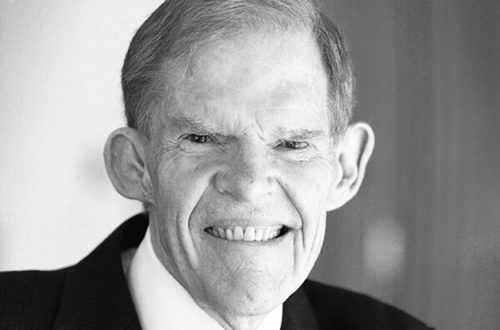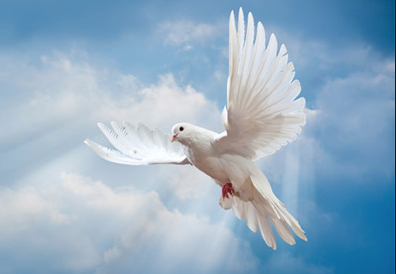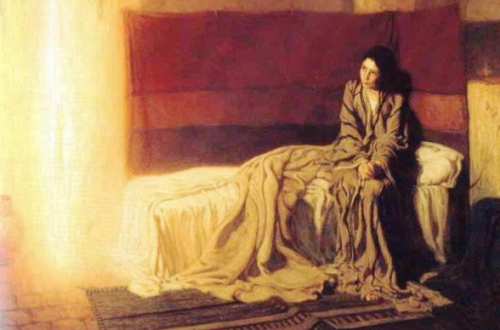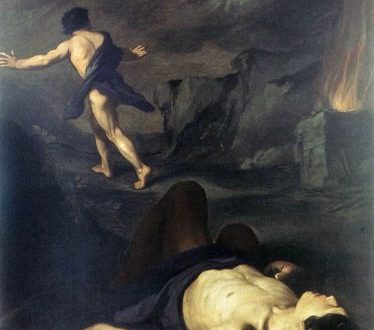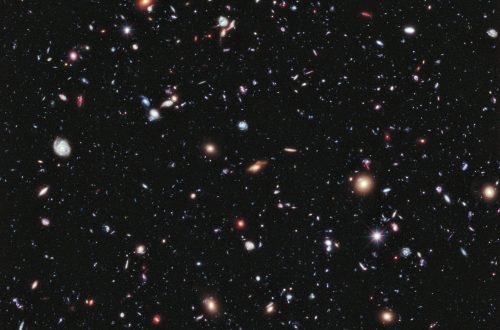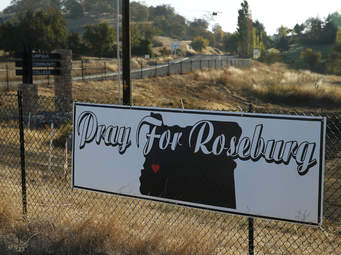-
The Forerunner: What Does Repentance Look Like?
About four hundred years before Christ, Malachi (5th century BC) predicted that the prophet Elijah (who lived in the 10th century BC) would return and herald the arrival of the Messiah (Mal. 4:5). In John the Baptist’s day, his people expected the literal Elijah to return from the dead as Messiah’s forerunner. Elijah himself had raised a dead person, so they had some precedent for someone coming back from the dead. The angel’s announcement to Elizabeth and Zechariah identified their baby as the fulfillment of Malachi’s prophecy; he would come in the “spirit and power” of Elijah (Luke 1:17, 76). During John’s ministry, when asked if he was Elijah, John said, “I…
-
The Son’s Transfiguration
Title: The Son’s Transfiguration Aim: To assess how our devotion to the Savior can strengthen our understanding of His teachings. Scripture: Mark 9:2–13 The mountaintop experience, Mark 9:2–4 Sometime during the last year of Jesus’ earthly ministry, He told His disciples that He would be executed and then rise from the dead (Mark 8:31-32). Not even Peter, one of Jesus’ closest followers, could prevent this series of events from happening (v. 33). The Messiah stated that those who give Him complete control of their lives are His genuine followers and would be eternally blessed. In contrast, those who reject Him would experience eternal loss (vv. 34–38). Mark 9:1 records…
-
Is Working Less the Right Christian Response to Society’s Over-Work?
“I really try to put away my work phone on the weekends.” “I really want to be fully present with my family this weekend and not focused on work.” Twice in the past week, I’ve heard these phrases from well-meaning Christians. I’ve also said similar things myself lately. Yet the more I think about our approach to work, the more I realize that our thinking might be flawed. As American believers surrounded by a society focused on over-work, we want to stand out. We don’t want to be slaves to our jobs and servants to our paychecks. We want our faith to be central, reflected in all we do.…
-
SPENT – Replenished, Restored – Moments in the Life of Elijah
The lack is so impacting that you don’t think you can keep going. You want to give up. You may have even decided to give up and in the most extreme of moments you make the decision TO give up. You have had it – the pressure is too great. For whatever reason you can’t go on. Maybe you did not plan well; maybe you are a player in circumstances beyond your control; maybe you made some really bad choices and now have to live with the consequences. Whatever the cause and whoever is responsible the fact is that you are done. You absolutely have nothing left to give…
-
Where Fear Lurks
1 Kings 19 opens with Elijah running for his very life. It’s ironic isn’t it? When on the mountaintop (chapter 18), with 450 angry Baal prophets surrounding him, Elijah didn’t fear. He prayed boldly and with complete confidence that God would show up. And his prayers were answered. For a prophet like Elijah, life didn’t get any better than seeing God’s glory displayed in a consuming fire and your enemy soundly defeated. And yet, when Elijah should have felt closest to God—right after witnessing God’s mighty power—Elijah feared for his very life, ran and hid. In a matter of just a few days, Elijah went from a mountaintop experience complete…
-
The Self-Pity Wilderness
Leadership is broken because leaders are unbroken Wilderness Wanderings Series: Learning to Live the Zigzag Life Self-pity is the life-destroying quicksand of the wilderness that sucks us in, pulls us down, and squeezes the hope out of us. Often it catches us unaware and, because we are unprepared, it robs us of all confidence and courage so we are left with loss of energy, distorted reality, and deep discouragement… Gradually we are pulled down, down, down until we disappear below the surface of life, all vision gone and our leadership lost in the sink hole of self. What a pity. Self-Pity is not for Wimps It…
-
The Inescapable Wilderness
Leadership is broken because leaders are unbroken Wilderness Wanderings Series: Learning to Live the Zigzag Life Every leader will spend seasons of life wandering in the wilderness. It’s inevitable and inescapable. There are no exceptions… The wilderness. Barren, empty, lifeless, colorless, solitary, unending hard sand, rock outcroppings, and rugged mountains. Hot in the day, cold at night. Far from the action, from the crowds, from life and what matters. Yet, in the Bible, the wilderness is the place where the action is, where the holy God shows up, where leaders are called, a nation is formed, and a Savior prepared. It is the place of spiritual warfare, the…
-
The Sacred Wilderness
Leadership is broken because leaders are unbroken Wilderness Wanderings Series: Learning to Live the Zigzag Life The wilderness is God’s original temple, His personal dwelling place where He called His followers out to meet Him and be in His presence. It was in the wilderness that God called and commissioned Moses; it was in the wilderness that God gave the Ten Commandments; it was in the wilderness that God formed Israel; it was in the wilderness that God designed and guided Moses to create the tabernacle; it was in the wilderness that God disciplined His people to serve Him and to represent Him among the nations; it was…
-
Nain: The Perfect Setting
Like the mansion “Downton Abbey,” the setting itself played such a role in Shunem’s story that it functioned almost as an independent character. Shunem’s people took pride in its heritage: About 800 years before Christ, Elisha had brought a woman’s dead child back to life here. Elsewhere some years before that, Elisha’s mentor, Elijah, had restored to life a widow’s only son. And afterward, the biblical text records, “Elijah gave him to his mother" (1 Kings 17:23). So Elisha’s miracle at Shunem was not the first time a prophet had raised a woman's child, but it was certainly the last. Just on the other side of Shunem’s hill, assuming we…

